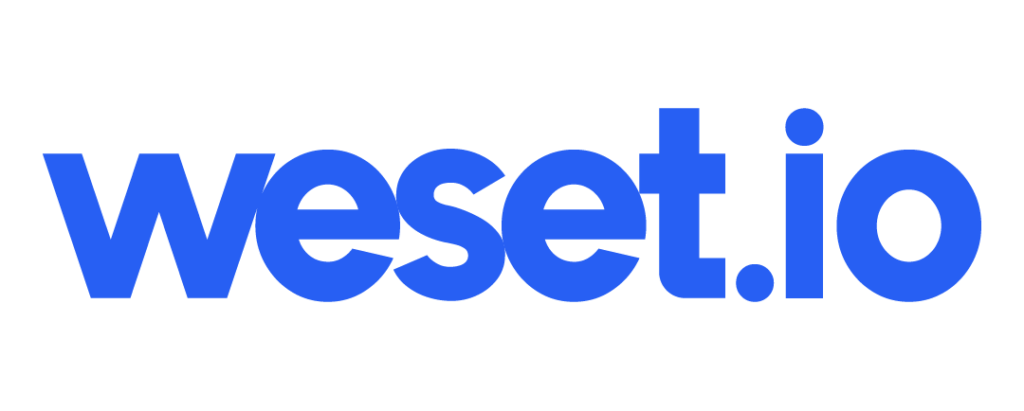Tokenizing real estate at Weset refers to the process of creating digital tokens that represent the right of exclusive usage in a particular real estate asset.
Here are some potential benefits of tokenizing real estate:
- Raise capital up front: Developers, property owners, and managers get revenue for the tokenized period up front.
- Retain ownership: NFT holders have the right to occupy or rent the property, but legal ownership is not changed. The NFT seller retains ownership and full control of the property after the NFTs expire.
- Increased Liquidity: Tokenizing real estate can make it easier to buy and sell fractional ownership in real estate assets, providing investors with greater liquidity and flexibility.
- Lower Barrier to Entry: Tokenization can potentially lower the barrier to entry for investing in real estate, as investors can purchase smaller portions of assets, making it easier for smaller investors to participate in real estate investment opportunities.
- Transparency and Efficiency: Blockchain-based tokenization can increase transparency and efficiency by providing real-time access to information and reducing the need for intermediaries, thus reducing transaction costs and increasing efficiency.
- Increased Accessibility: Tokenization can make real estate investments accessible to a wider audience, including investors in different geographical locations and those who may not have access to traditional real estate investment opportunities.
- Fractional Ownership: Tokenization allows for fractional ownership, enabling multiple investors to participate in the ownership of a single property, potentially reducing the risk and increasing diversification.
- Overall, tokenizing real estate can create a more transparent, efficient, and accessible real estate investment market, potentially providing benefits for both investors and real estate industry stakeholders.
Set up a meeting to find out more about Weset’s upcoming BaaS launch:





